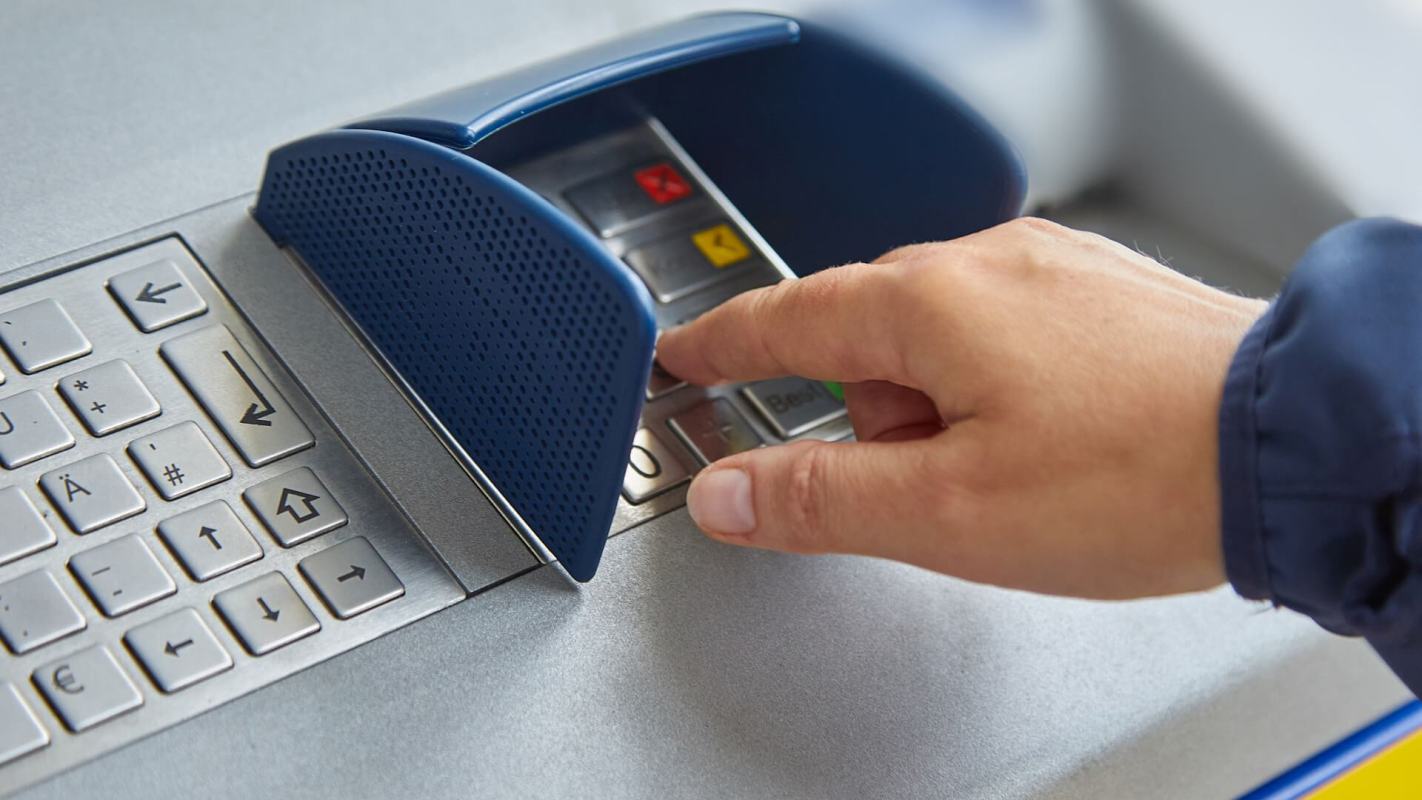In early April, NASA scientist Peter Kalmus made headlines with a public demonstration where he and others chained themselves to the doors of a Chase Bank in Los Angeles.
Environmental advocates have been pleading with the public to reevaluate their banking choices. But what do banks have to do with the environment? Well, a lot.
The world's biggest banks are using our money to finance the expansion and development of dirty energy projects — and we have the choice to do something about it.
How do banks affect the planet?
The Washington Post claims the economy is the leading driver of the carbon air pollution that overheats our planet, leading to worsening extreme weather events.
The Banking on Climate Chaos 2022 report states that 60 of the largest commercial and investment banks have financed fossil fuel companies with $4.6 trillion since 2016. The report names the biggest bank culprits as J.P. Morgan Chase, Citi, Bank of America, BNP Paribas, and HSBC, among others.
This financing upholds dirty energy projects, like coal, crude oil, and methane gas extraction, all of which release carbon and methane air pollution and cause our planet to overheat.
At this point, you might be asking, "what role do I play in this?" Though the onus should fall on banks — after all, it's their business practices — one of the most impactful actions we can take as individuals against the overheating of the planet is through responsible banking.
What is responsible banking?
Responsible banking — a.k.a. green, climate-positive, or sustainable banking — is a broad term used to describe the commitment to the well-being of society and the environment. This kind of banking doesn't focus solely on profit and doesn't fund actions or projects that harm people or the planet.
NerdWallet explains that a socially responsible bank proves its positive impact through certifications such as Certified B Corporation, Global Alliance for Banking on Values, Fossil Free Certified, and more.
Why choose responsible banking?
Banks use the money in customers' checking and savings accounts to give loans to other individuals and businesses — most notably, fossil fuel companies.
These companies release pollution into the air that causes global temperatures to rise. Our overheating planet affects us in many ways, including increasing the intensity of natural disasters, threatening our food supply, damaging economies, and more.
Choosing to bank responsibly and divesting (the opposite of investing) from disastrous fossil fuel companies keeps your money out of causes that harm you and your community.
Choosing a responsible bank
Bank For Good is a great place to start your divestment journey. This platform allows you to browse responsible banks and filter your search based on your banking needs. Bank for Good recommends banks like Ando, Amalgamated Bank, and Spring Bank.
Community development banks and credit unions are alternatives to big banks that also might work for you.
Green America offers a step-by-step guide on transitioning from your old bank to a new and responsible bank.
Transitioning to responsible banking might be slow, but any change that makes your money less available for banks to invest in dirty energy is a win in our (check)books.
Want more? Follow The Cool Down on Instagram and join our Weekly Newsletter for cool stories and easy tips that save you money, time, and our planet.








